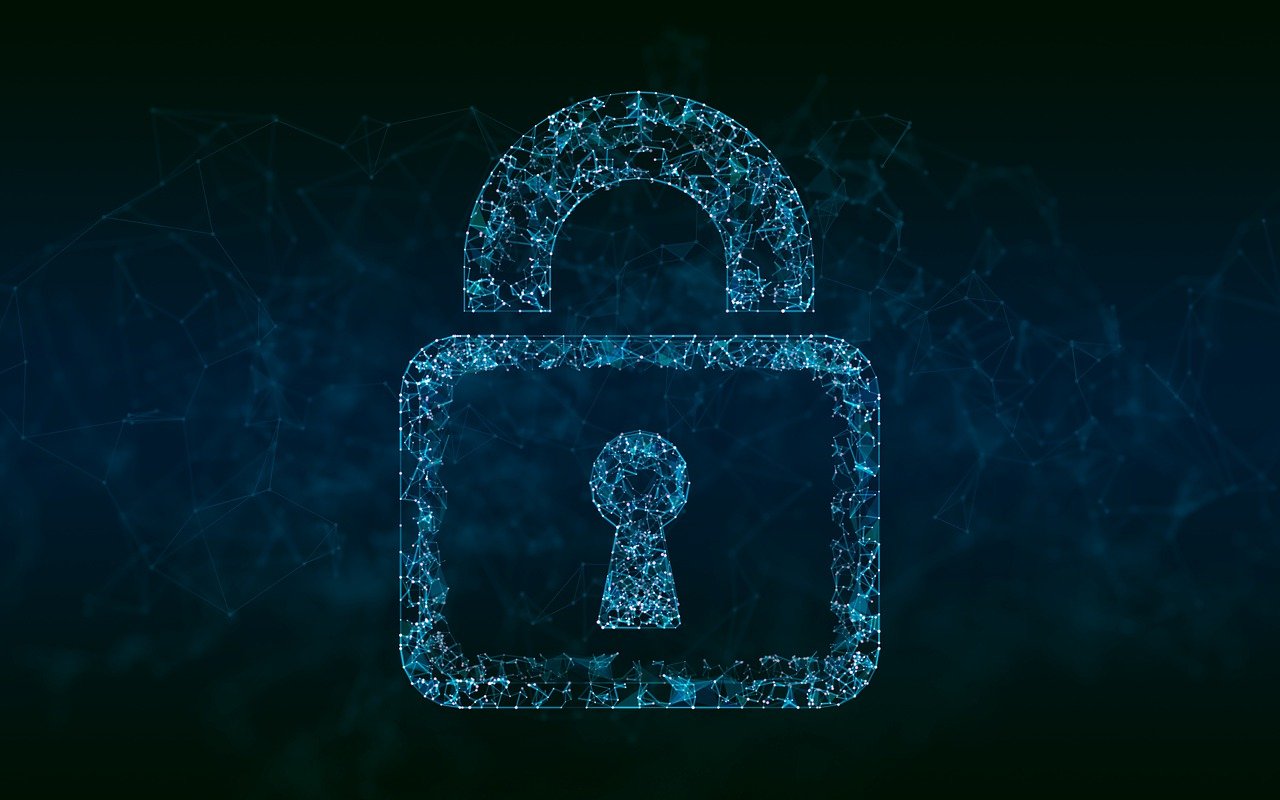· 2 min read
TLS-DHE-PSK-WITH-ARIA-256-CBC-SHA384 Cipher Suite
A breakdown of the Cipher Suite TLS_DHE_PSK_WITH_ARIA_256_CBC_SHA384, its strengths, and its weaknesses.
Key Exchange Mechanism
Diffie Hellman Ephemeral - DHE
Grade - B
Diffie-Hellman Ephemeral (DHE) in cipher suites refers to a key exchange method where each session generates temporary, one-time-use (ephemeral) keys. This ensures forward secrecy, meaning if one session’s key is compromised, past and future sessions remain secure. DHE provides an added layer of protection against decryption by ensuring keys are used briefly and then discarded, enhancing security in TLS communications.
Authentication
Pre-Shared Key - PSK
Grade - A
PSK (Pre-Shared Key) cipher suites are used for authentication in secure communication protocols like TLS. They allow parties to establish a shared secret beforehand, ensuring confidentiality and integrity of data exchanges without the overhead of public key infrastructure (PKI), suitable for constrained environments or specific security requirements.
Cipher
AEGIS - ARIA
Grade - C
Low usage
Hash
Secure Hash Algorithm 384 Bit - SHA384
Grade - A
Improving greatly from SHA1, SHA-256 and above create secure hashes through robust cryptographic algorithms that ensure collision resistance and preimage resistance. They process input data in fixed-size blocks, applying complex mathematical transformations that make it computationally impractical to reverse-engineer the original data from its hash.
Cipher Mode
Cipher Block Chaining - CBC
Grade - D
Cipher Block Chaining (CBC) mode is vulnerable to the Lucky13 and POODLE (in TLS v1.2 and below) attacks. The Lucky13 attack exploits timing discrepancies in padding validation, allowing attackers to gradually reveal plaintext. The POODLE attack leverages padding errors to decrypt ciphertext by repeatedly modifying and sending it to the server, observing the error responses. These vulnerabilities arise from CBC’s handling of padding and error messages, making it less secure than modern encryption modes like Galois Counter Mode (GCM), which offer stronger integrity and confidentiality guarantees.


